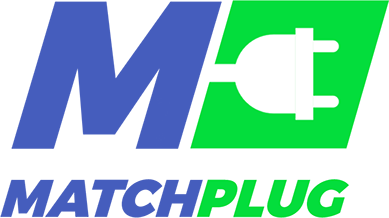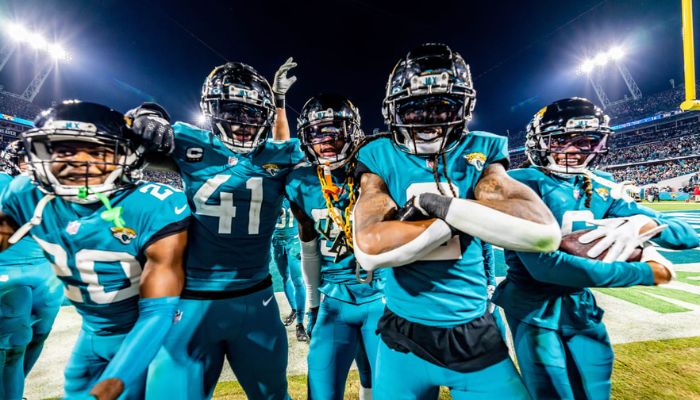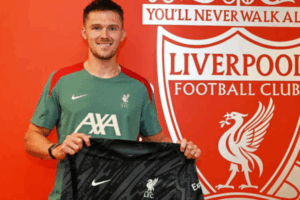The City of Jacksonville approved a $1.4 billion “stadium of the future’’ on Tuesday that should keep the Jaguars in one of the league’s smallest markets for at least another 30 years. This will end decades of speculation about the team being a potential candidate for relocation.
City council members voted 14-1 (two abstained) in favour of the proposal, which moves to NFL owners for final approval. Owners are scheduled to convene in Atlanta in October, with 24 of 32 votes needed to finalise the deal.
The Jaguars do not expect much resistance from the NFL although the 50-50 financial split is higher than what most league owners contribute for new or renovated stadiums.
The stadium proposal requires each side to contribute $625 million to the $1.25 billion project. Jacksonville will not levy any new taxes to fund the rebuild, and would chip in another $150 million in deferred maintenance to get EverBank Stadium ready for construction in 2026. This pushes the city’s contribution to 55% of the total bill.
Construction would start following the 2025 campaign. The Jaguars would play in front of a reduced capacity (no upper deck) in 2026 and then host home matches in Gainesville or Orlando the following year.
The proposal will include a 30-year lease, a non-relocation agreement and a provision that limits the number of matches the Jaguars can play outside the city. Under the new lease, the team would play all preseason and postseason home matches in Jacksonville. They would continue to play one home match a year in London, likely at Wembley Stadium.
Both sides expect the renovated stadium to give way to more high-profile events.
The Jaguars agreed to sponsor all construction cost overruns, take over daily operations of the stadium and foot 80.4% of game day expenses going forward.
The proposed 63,000-seat, open-air stadium incluses a translucent covering that feels like “wearing shades in the sun,’’ team president Mark Lamping said. It is expected to lower outside temperatures by 15 degrees.
Capacity could be increased to 71,500 to host the annual Florida-Georgia rivalry, the Gator Bowl, a College Football Playoff game or the Final Four. Pools and a part deck would stay in the north end zone.
Jacksonville and the Jaguars hope to add substantial development to the surrounding area, which is expected to contain a University of Florida satellite campus that would bring in 10,000 graduate students. The city and the team the environs surrounding the stadium crucial to the long-term prosperity of Jacksonville’s downtown.
The city intends to fund its portion of the deal by moving $600 million from a capital improvement plan and using revenue from an existing, half-penny sales tax to fund the build in a pay-as-you-go campaign. Jacksonville says it would save $1.5 billion in debt-services fees over the life of the lease.
The Jaguars plan to fund its portion with funds from the NFL’s G-4 program, which offers financial assistance from stadium projects. Funding through the program is seen as a loan and is repaid from the visiting team’s share of certain seating. A team applying for the loan is required to put up matching dollars.











